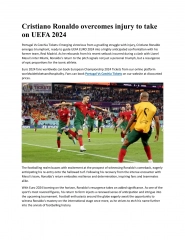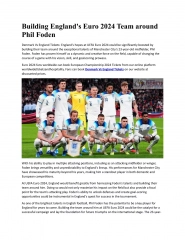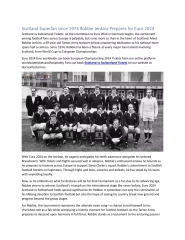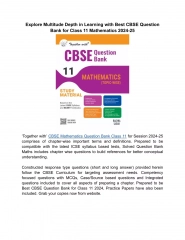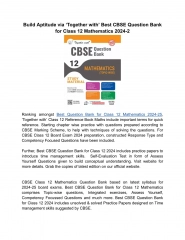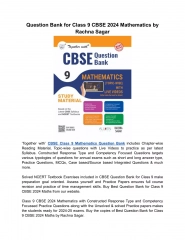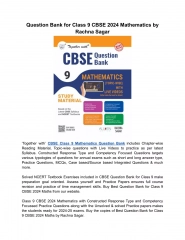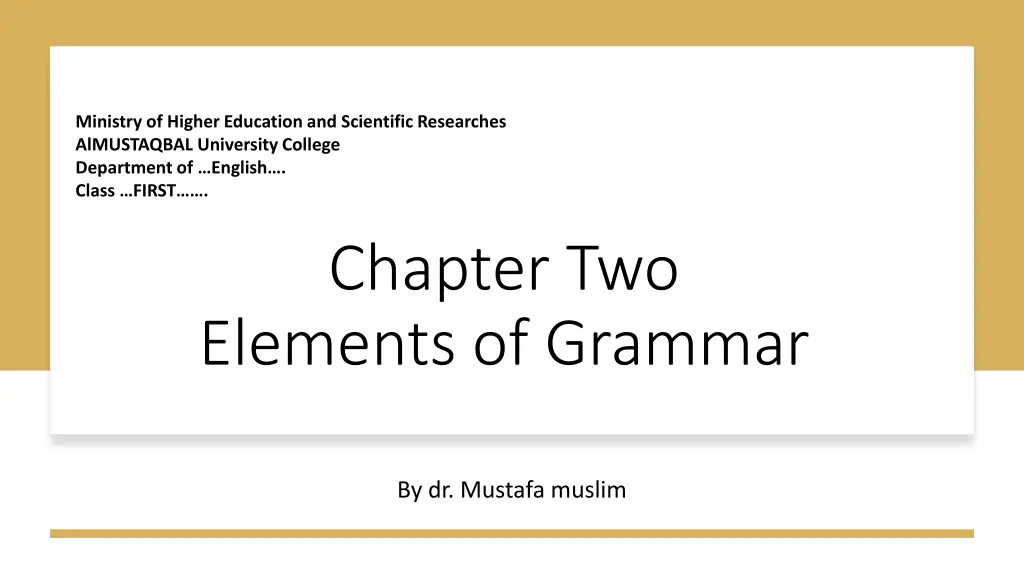
Understanding Elements of Grammar in English Sentences
Explore the essential components of English sentences such as subjects, predicates, operators, complements, and objects. Learn about sentence structure, auxiliary predication, and sentence elements in a classroom setting. Enhance your knowledge of grammar with examples and explanations presented by Dr. Mustafa Muslim at AlMUSTAQBAL University College.
Download Presentation

Please find below an Image/Link to download the presentation.
The content on the website is provided AS IS for your information and personal use only. It may not be sold, licensed, or shared on other websites without obtaining consent from the author. If you encounter any issues during the download, it is possible that the publisher has removed the file from their server.
You are allowed to download the files provided on this website for personal or commercial use, subject to the condition that they are used lawfully. All files are the property of their respective owners.
The content on the website is provided AS IS for your information and personal use only. It may not be sold, licensed, or shared on other websites without obtaining consent from the author.
E N D
Presentation Transcript
Ministry of Higher Education and Scientific Researches AlMUSTAQBAL University College Department of English . Class FIRST . Chapter Two Elements of Grammar By dr. Mustafa muslim
Parts of a sentence Subject and predicate The subject of the sentence is what (or whom) the sentence is about. The predicate is the verb of the sentence that tells something about the subject. sentence subject predicate John searched the room The girl is now a student at the college
Sentence subject predicate auxiliary predication ( operator ) He will help his father Operator is the auxiliary that is basically used to form negative and interrogative sentences.
Range of operators The verb expression may consist several auxiliaries. The maximum number is 4 auxiliaries. For example: 1- It is raining. ( one auxiliary ) 2- He would have visit his father. (Two auxiliaries ) 3- They would have been waiting the results. ( Three auxiliaries) 4- He would have been being visited his father. ( Four auxiliaries) Note :The first auxiliary is the operator that can be used to form negative and interrogative sentences. He would have visit his father. He wouldn t have visit his father. Would he have visit his father?
Sentence elements A sentence may alternatively seen as comprising five units called elements of sentence. The sentence's primary components are the subject, verb, object, complement, and adverbial. Ex: John carefully searched the room. S A V O
Ex: They make him the leader of the team. S V O C Ex: She saw that it rained all day. S V O Note: The clause that it rained all day is called dependent clause or subordinate clause.
Complements and objects Objects can be of two types: 1- Direct object obligatory part / Od 2- Indirect object optional part / Oi Ex: He had given the girl an apple. Oi Od Note: The indirect object is always animate ( human being ) and it is an optional part in the sentence. So the above example can be written as: Ex: He had given an apple.
Complements can be of two types: 1- Subject complement Cs 2- Object complement Co Subject complement has a direct relation with the subject of the sentence and it is used to give additional information about the subject. Ex: John is a doctor. The noun phrase ( a doctor ) is a subject complement to show the situation of the subject ( John ).
The object complement is additional information about the direct object of the sentence. The object complement can be a noun (phrase) or an adjective. Ex: They make him the chairman. Od Co Ex: His friend grew his hair long. Od Co The noun phrase the chairman and the adjective long are used as object complements to describe their preceding objects.




